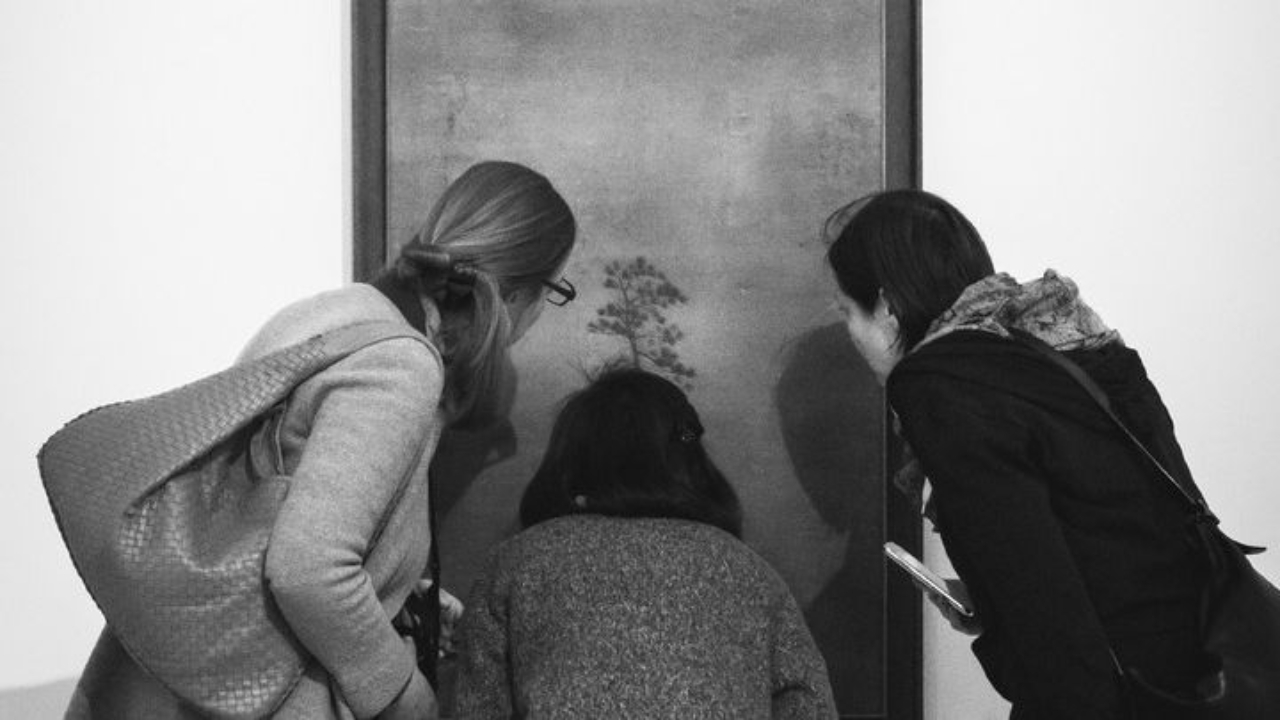The Power of Uncovering Blind Spots
Nov 15, 2025
Welcome back to our ongoing exploration of self-leadership—the art of guiding yourself toward personal and professional excellence. If you've been following along, we've covered everything from setting bold visions to building unbreakable habits. Today, we dive into the foundation of it all: self-awareness. It's not just a buzzword in emotional intelligence; it's the cornerstone that keeps the entire structure standing.
Why Self-Awareness Matters More Than You Think
Self-awareness is the ability to see yourself clearly—your strengths, weaknesses, emotions, and how you impact others. As Daniel Goleman, the pioneer of emotional intelligence, puts it, it's the starting point for leading effectively. But here's the kicker: the more self-aware you become, especially with honest feedback from others, the better you uncover your blind spots.
Blind spots are those sneaky areas where your self-perception doesn't match reality. They're not flaws you're ignoring on purpose; they're just outside your view. Gaining feedback acts like a mirror held by someone else, revealing what you can't see alone.
Think about a time you discovered a blind spot. For me, it hit during certification training to become a human behavior consultant. We were diving into the four main personality styles (think Personality Insights: DISC model of Human Behavior: Driven, Inspiring, Supportive, Cautious). I was focused on learning, pegging family and friends into each category. It transformed how I communicated.
Then came the style that described me: critical thinker, cautious, reserved, slower-paced, obsessed with quality and standards. Spot on. But the blind spot? Because of our deep thought and task focus, we can come across as cold and indifferent. Ouch. I immediately knew this was true about me but hadn’t considered it before. I wasn't expressive, but I never realized how my lack of smiling or much facial expression could close people off. Leadership starts with connection—we can't lead those we're unintentionally pushing away.
Now, it's your turn: What blind spot have you uncovered? Is it still a work in progress, where you have to consciously check yourself? Or did the lesson stick so deep you'll never repeat it? Truth is, blind spots are lifelong skills to build. They're not one-and-done revelations.
Real-World Masters: Mary Barra and Elon Musk
The best leaders don't just preach self-awareness—they live it. Let's look at two icons who turned blind spots into superpowers.
Mary Barra: Transparency in Crisis
Mary Barra, CEO of General Motors since 2014 (now in her 11th year), is often hailed by her team as a profoundly self-aware leader. Her journey started humbly: daughter of a die maker at Pontiac, co-op student at 18 inspecting fender panels, earning degrees in electrical engineering and an MBA from Stanford.She rose through engineering, HR, and product development, becoming the first woman to lead a major global automaker. But her true test came early: the ignition switch recall crisis. Faulty switches, known internally for over a decade, led to power failures, dozens of deaths, and thousands of claims.Barra's response? Radical transparency. She testified before Congress, accepted full responsibility, launched internal reviews, and overhauled GM's culture. No defensiveness—just self-awareness of personal and company shortcomings. She flattened hierarchies, boosted open communication, and prioritized integrity, innovation, and accountability.This wasn't just damage control; it instilled self-awareness company-wide. As her people say, it's core to her success—and GM's turnaround.
Elon Musk: Learning from "Self-Inflicted Wounds"
Elon Musk, worth $500 billion at the time of this writing, and leading Tesla, SpaceX, Neuralink, X, and more (with nearly 30,000 employees), thrives on self-awareness amid chaos.
- Adaptation from Failures: Early SpaceX rocket explosions? Musk analyzed them ruthlessly, innovating reusable rockets. Same with Tesla's production hell—he pivots by acknowledging limits.
- Public Perception: He admits "self-inflicted wounds" (like controversial tweets), humanizing himself and rebuilding trust. It keeps investors onboard during turbulence.
- Strategic Focus: Musk knows his strengths—vision and deep dives (he read rocket science books before SpaceX). He delegates the rest, filling knowledge gaps proactively.
- Feedback Hunger: He seeks brutal criticism, refining Tesla's Full Self-Driving tech despite backlash.
- Vision with Reality Checks: Bold goals (Mars colonization) meet adjustments based on feedback, balancing ambition with feasibility.
Musk's self-awareness drives resilience, innovation, and a culture of continuous improvement across his empire.
Your Action Step: Shine a Light on Your Blind Spots
Self-awareness isn't passive—it's a muscle.
Start today:
- Seek Feedback: Ask trusted colleagues, "What do I do that unknowingly pushes people away?"
- Reflect Daily: Journal one blind spot insight weekly.
- Act on It: Like Barra's transparency or Musk's pivots, turn awareness into change.
Blind spots don't define you; ignoring them does. Build this skill for a lifetime, and watch your self-leadership soar.
What’s your biggest blind spot story? Share in the comments—I read every one.
You can find more Self-Leadership strategies from my lesson (Cindy) titled, Self-Leadership: Developing Your Insight & Strategy, in our Leading at the Next Level program. Give it a try and stay tuned for more inspiration and application on conquering yourself to become an even better leader.
by Cindy Dove
Sources: GM history, Musk interviews, and behavioral models like DISC with Personality Insights.
90-DAY GUIDE: Lead Your Team Through Any Leadership Challenge
Did You Know?
Growing your leadership acumen is the fastest way to equip your team to lead through today's leadership challenges.
We've been equipping leaders like you for decades. We know you do not need another theory. You need a clear starting point and a simple system. This guide gives you both.
Includes a 90-day action plan.
We hate SPAM. We will never sell your information, for any reason.





